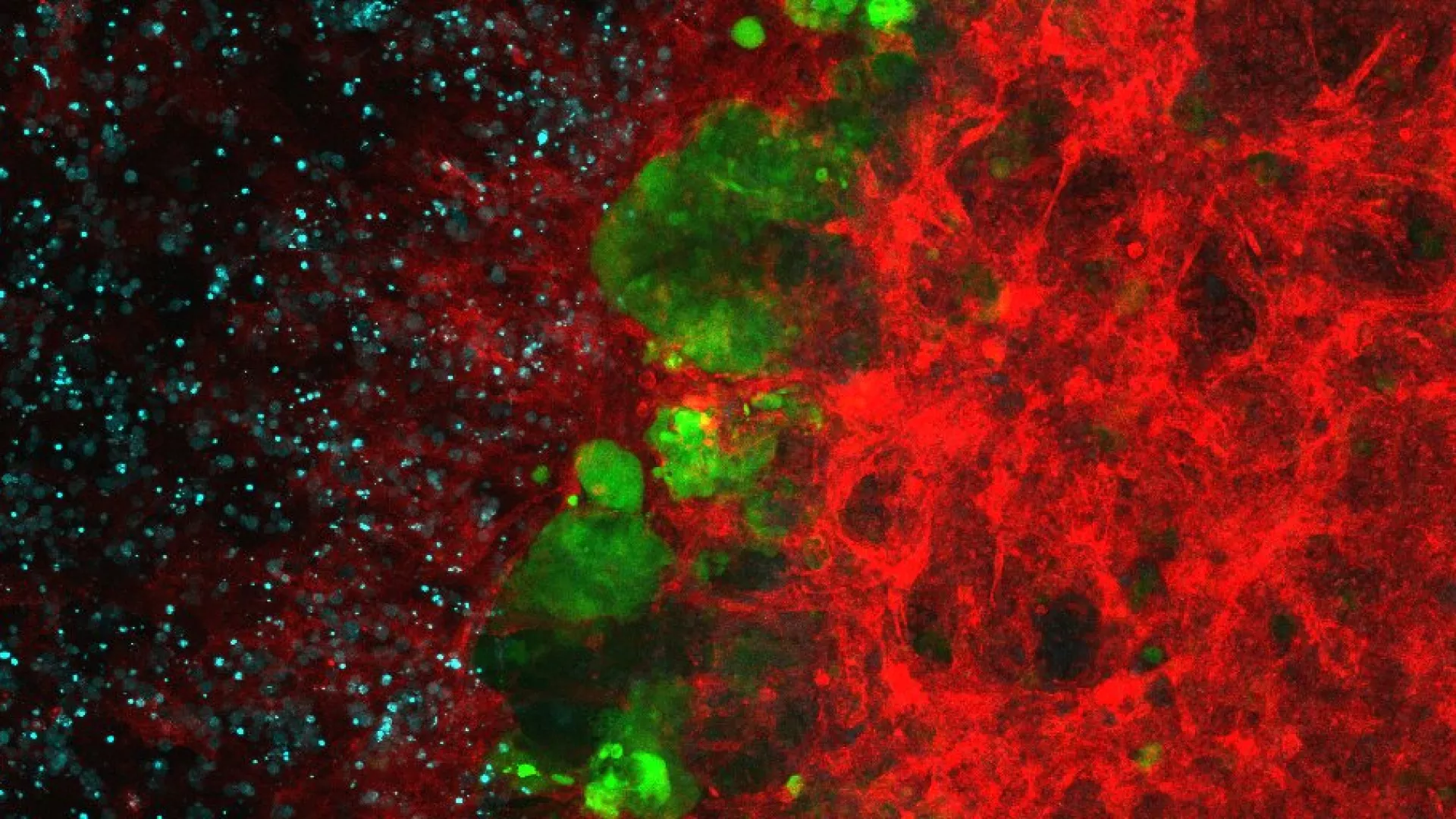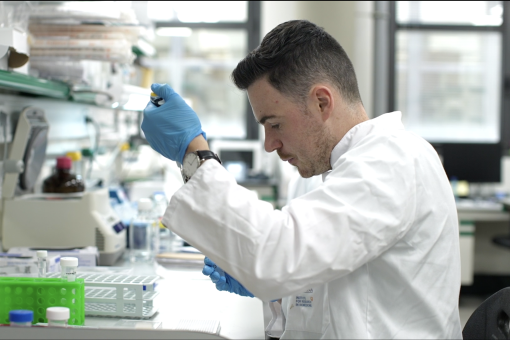
ICREA Research Professor



Meet Our Scientists Videos
Research information
Background
Breast cancer can be deadly if it spreads to secondary sites, particularly when multiple organs are involved and is associated with drug resistance. Surprisingly, most distant organ metastases are not seeded by the primary breast cancer itself, but they pass through a first spread to the bone where treatment resistance is acquired prior to expansion. This phenomenon cannot be fully explained by changes in the DNA of metastatic tumour cells but necessitates a more dynamic adaptation to their changing environments. The objective of this laboratory is to define and molecularly understand this previously underappreciated breast cancer cell plasticity.
Research interests
By identifying the basis of adaptive multiorgan spread, the aim is to prevent or revert terminal breast cancer metastasis. Moreover, genetic engineering will be used to modify patient immune cells to be able to recognize and kill these drug-resistant breast cancer cells. This type of therapy, known as CAR-T, has revolutionized the treatment of hematologic cancers.
Herein, the objective is to translate the power of CAR-T therapy to the treatment of breast cancer. The final goal is to obtain a novel therapeutic option for patients with incurable breast cancer.
Research lines
- Characterizing phenotypic diversity of HER2-E BCa cells and its determinants, at different stages of metastasis.
- Assesing the translational relevance of the identified mechanisms that govern metastasis adaptive potential in clinical samples.
- Generating of a specific CAR-T cell therapy.
Policies
Growth Control and Cancer Metastasis, IRB Barcelona
Translational genomics and targeted therapies in solid tumours, IDIBAPS
Cellular immunotherapies for cancer, IDIBAPS









